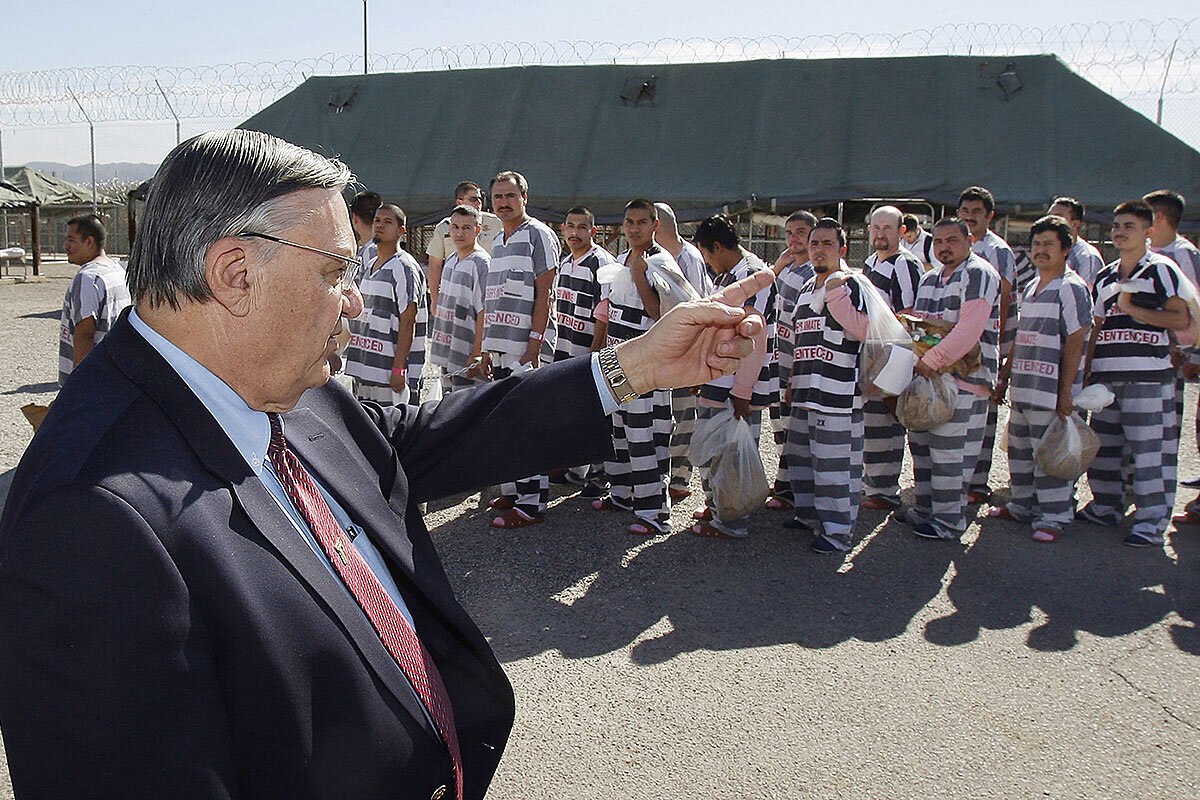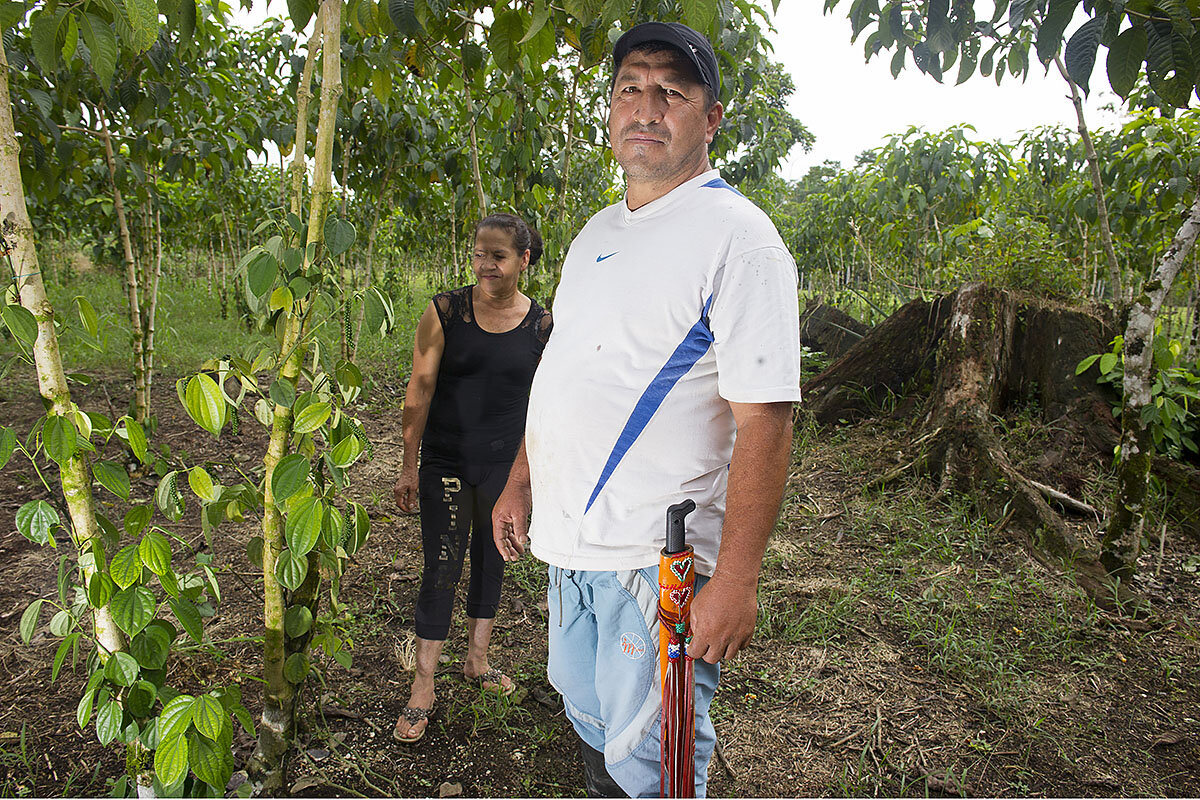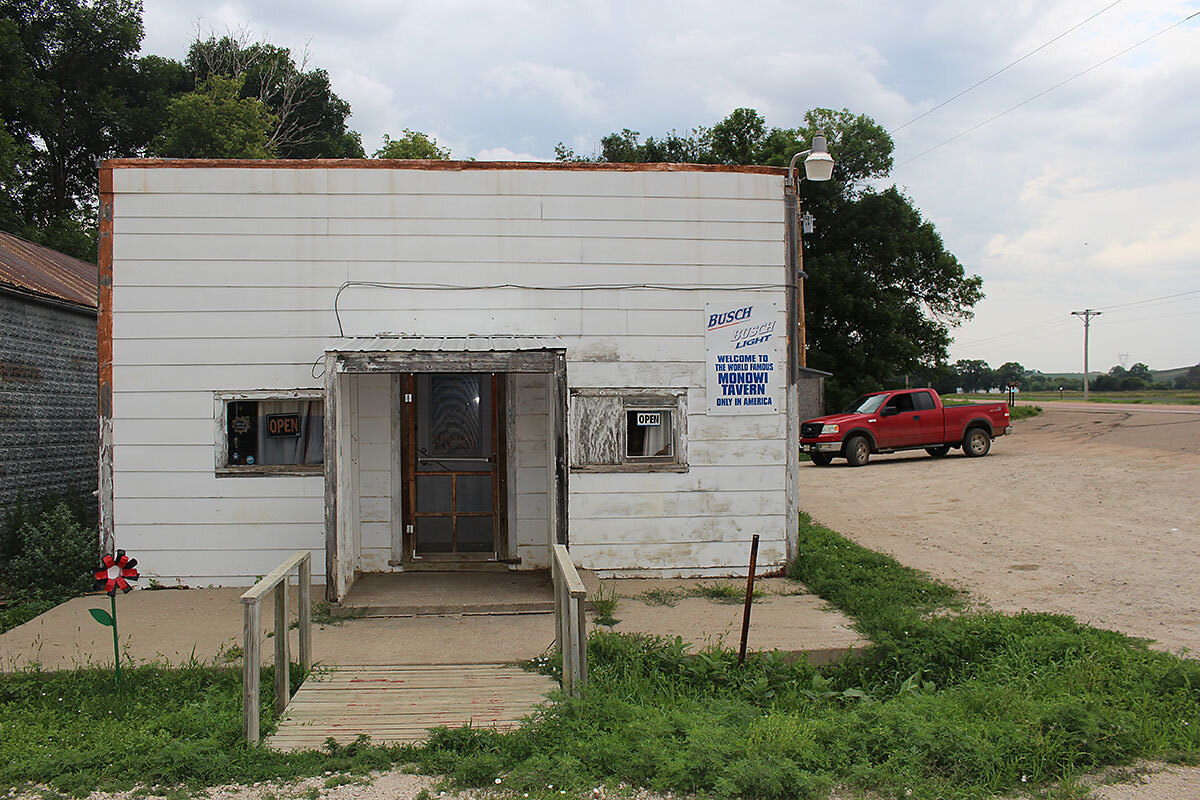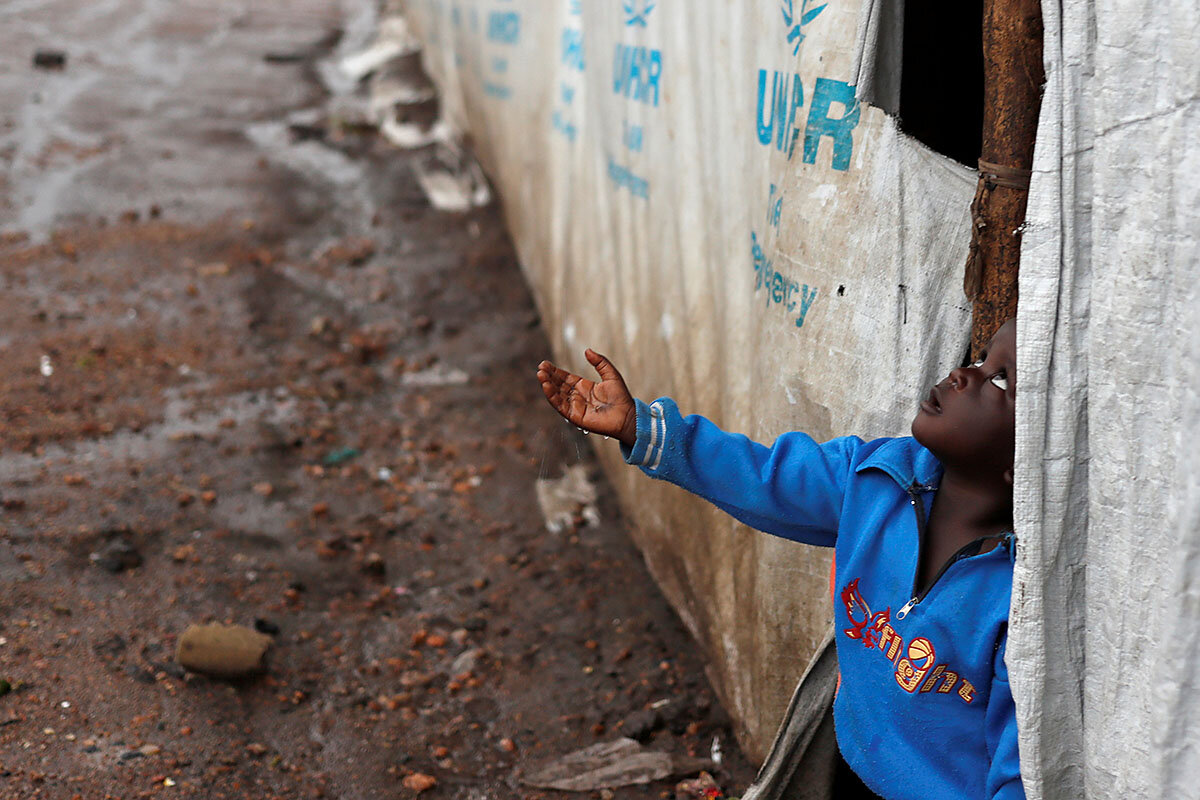Boston avoided violence at its “free speech” rally on Saturday by keeping right-wing organizers and counterdemonstrators strictly separate. Some 500 Massachusetts police officers lined up along barricades to enforce a large “neutral zone.”
The security plan largely worked. Boston saw no repeat of the deadly violence at a similar event in Charlottesville, Va., a week earlier.
But the view from those barricades suggested that the “neutral zone” for free speech in America is becoming harder to defend.
Supporters of the event saw it as an affirmation of the right to speak out on controversial issues. Counterprotesters saw it as an apology for white nationalism. The space between them was generally inhabited only by police.
Organizers of the counterprotest urged activists to not engage in discussion with the other side but rather to shame them.
“Shame works,” said activist Shel Raphen, on the barricades at Boston Common to support the counterprotest. “Research shows that if you feel bad about what you’re doing, you’ll stop doing it.”
When a protester activist tried to engage counterprotesters on the other side of the barricades, he was shouted down with chants of “don’t engage.”
In the few moments when those with strong views met and talked, the contact was often militant.
Retirees James and Susan Reilly held an American flag on ground occupied by the counterprotesters. Some who passed by jeered, and they were pushed down twice and spat on once, they said. But one young man in a mask stopped to listen. The conversation went something like this:
“The flag is our history. It’s how we became free,” said Mr. Reilly. “How do you feel about that?”
“The flag is a slave symbol,” said the masked activist.
“For you to say that the American flag is a sign of slavery – I don’t get that. We the people here right now had nothing to do with slavery,” Reilly said.
“I would expect them to think about history and think about all of the deaths, destruction that was caused [by slavery],” the activist said, and moved on.
Did that conversation matter?
Reilly’s response: “There is a lot of work to do.” What would help? “God. Having faith. Having a good debate.”
And the activist’s: “I have absolutely nothing in common with them. They fly the same flag they flied with slavery. They preach hate and violence.”
After the protesters wound down their event early, Boston Mayor Martin Walsh declared a victory over “bigotry and hate.” President Trump, widely criticized for blaming “both sides” for the violence in Charlottesville, tweeted his congratulations: “Our great country has been divided for decades,” he wrote. “Sometimes you need protest in order to heal, and we will heal, and be stronger than ever before.”
The absence of violence in Boston deserves praise. Maintaining the safety of protesters and counterprotesters will be essential in the days and months ahead. Yet the conversation between the Reillys and the activist was essential, too. As uncomfortable as it was, it was the basis of some small spark of understanding – and in that way, a small step away from a nation in need of barricades.
“I honestly went there because I'm somewhat ignorant about what some of these groups think and why they feel the way that they do,” Reilly said after the event. “If I don't talk about it and go where they are, I’ll stay ignorant about it.”
 Mark Sappenfield
Mark Sappenfield










